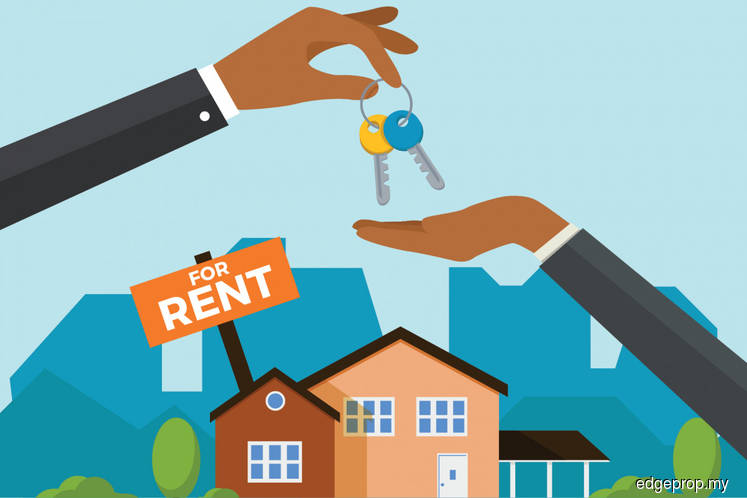In Wellington County, there is a seemingly endless demand for rental properties. Part of that is due to average housing prices that sit around the half-a-million mark, part of it comes from the demographics that are present, among other factors. The vacancy rates in the area have been generally low, continually supported by what Guelph and the surrounding towns have to offer. You can say that Guelph and some of the surrounding towns are optimal investment property hubs.
Yes, some investments are pretty turn-key and low maintenance. Even in real estate, there are Guelph properties that come up for sale that have very little to rectify and are basically ready to start generating you cash flow from day one. There are often great opportunities even with homes that require a little bit of sweat equity, or aren’t the most glamorous diamond in the rough.
A huge factor that contributes to a successful investment, however, is YOU. Have you considered what it takes to own an investment property? One that you keep, that you hope generates you cash flow, one that you rent out?
Owning an investment property can be a harmonious and profitable undertaking, if you have a plan. Here are seven considerations for becoming an investor of a real estate holding that you expect to rent out and carry for a duration of time.
1. Pursue this venture like it is your business – you are not doing this to lose money. Set out expectations, budgets, goals. It helps when you set out a plan of action. Keep records, and receipts (no brainer)! Make sure you are hitting your target or see what needs to be tweaked in order to do so. A plan of action and having a written record is something to hold you accountable and on track.
2. Consider the right property for you – are you able to put in some sweat equity yourself and bring a property up to the standards which you hope to present it to your prospective tenants at? Obviously this has a large bearing on your purchasing budget and profitability at the end of the day. Does one area make more sense than another? These things can also be answered when you consider more definitively which type of tenant you are hoping to attract. You can largely benefit from a realtor guiding you with this.
3. Become familiar with the legalities of being a landlord and owning a rental property – STUDY the Residential Tenancies Act. Be an informed landlord. Don’t only educate yourself on the rules pertaining to tenancies, but also on the by-laws and plans of where you are considering your purchase. The more you know, the more you can protect yourself from unpleasant scenarios, or recover from them more promptly.
4. Conduct your due diligence – not only on the house, but screen your tenants and ask the necessary questions in order to make an informed decision on proceeding into a legally binding contract with another party. It is also wise to get advice on rental agreement addendums (additional terms added to the standard Residential Tenancy Agreement) from a lawyer to ensure you are wholly covered and protected (within the means of the Act).
5. Relationships are key – this advice is not limited to your personal or work life, but also applicable to the relationship with a prospective tenant. Again, this should be a business venture, treat it as such and build those relationships. Yes, you can be personable and pleasant, and actually that likely enhances the relationship you are able to build. A tenant is more likely to respect you, care for your property and report on positives or negatives in a timely fashion if the ground has been laid for open communication and an open-door-policy.
6. Plan to be hands-on with your property – don’t have unreasonable expectations that a tenant may not call you at funny hours to have something fixed, and plan to be proactive in your maintenance routine and regular check-ins (again, within the means of your allowable inspections as regulated by the Act). The sooner you have problems rectified, the less likely they lead to other issues. It also shows the tenant that you are on the ball and conveys a sense of care and pride-of-ownership to them.
7. Ensure that you have proper coverage – does your home insurance cover you? To what extent does it cover your rental? Do you want your tenant to provide proof that they have content and personal liability insurance as part of signing a contract with you? If not, have them sign off on a lawyer-approved document that waives your liability, should an issue arise.
Again, contacting your local Guelph real estate sales representative and a lawyer to guide you through the process of acquiring and owning an investment property will help with navigating these new and exciting waters!

